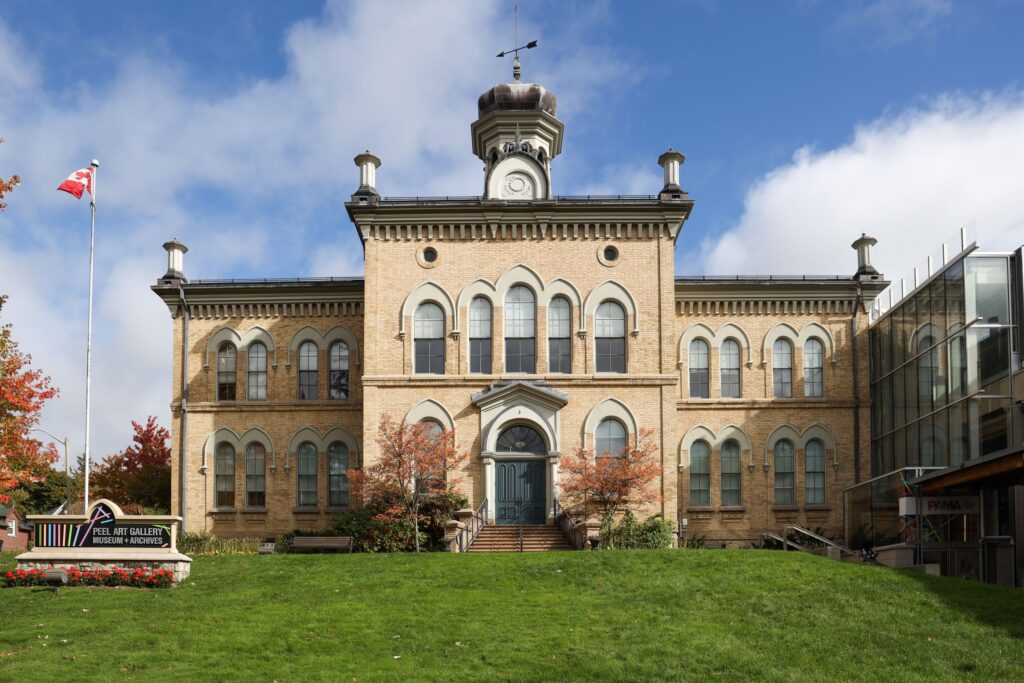Renting in Ontario can be confusing, especially when it comes to how much—and how often—your landlord can raise the rent. If you’re a tenant or newcomer trying to understand your rights in 2025, this guide breaks it down clearly and accurately.
Can Landlords Raise the Rent Anytime?
No. In Ontario, landlords can only increase rent once every 12 months for the same tenant. This applies whether you’re in an apartment, basement suite, or rented condo.
To do so, they must:
- Wait 12 months since the last rent increase or the start of your tenancy.
- Provide at least 90 days’ written notice using a proper form available from the Landlord and Tenant Board (LTB).
“Your landlord must give written notice at least 90 days in advance and use the approved forms from the LTB.” (LTB Ontario)
How Much Can Rent Go Up in 2025?
Ontario’s rent increase guideline for 2025 is capped at 2.5%.
This means if you pay $1,000/month in rent:
- 2.5% of $1,000 = $25
- New rent would be $1,025/month
This guideline is set by the Ontario Ministry of Municipal Affairs and Housing and is based on the Ontario Consumer Price Index, a measure of inflation.
“The guideline is the maximum a landlord can increase most tenants’ rent without approval.” (Ontario.ca)
Exceptions: When Rent Control Does NOT Apply
Some rental units are exempt from rent control. This means landlords can increase rent by any amount, but only once every 12 months (with 90 days’ notice).
Exempt Units Include:
- New apartments or condos first occupied after November 15, 2018
- Newly finished basement or attic units in existing homes (occupied after that date)
- Units where the previous tenant moved out and a new lease begins (“vacancy decontrol”)
“Buildings first occupied after Nov 15, 2018 are not subject to rent control under Ontario law.” (CMHC & Ontario Housing Tribunal)
Landlords claiming exemption are advised to document:
- Occupancy and building permit records
- Proof the unit was newly constructed or added
Tenants can dispute improper increases with the LTB within 12 months of the rent change.
Special Increases: Above the 2.5% Limit
A landlord can apply to the LTB for an increase above the annual guideline in some cases, such as:
- Major capital repairs (e.g., new roof, elevator upgrades)
- Significant increases in municipal taxes or utilities
- Adding a new service like air conditioning or parking (with tenant consent)
“Landlords must apply and be approved for increases above the guideline. Tenants have the right to dispute.” (LTB Rent Increase Info)
What Happens If a Landlord Breaks the Rules?
If your landlord:
- Didn’t wait 12 months since your last increase
- Gave less than 90 days’ notice
- Increased rent above the guideline without approval
You can file a complaint with the Landlord and Tenant Board. Be sure to keep records of your rent payments, lease terms, and all communications.
“Tenants have up to 12 months to dispute improper rent increases with the LTB.” (LTB Ontario)
Final Thoughts: Know Your Rights, Ask the Right Questions
Rent increases are a normal part of the rental process, but they come with clear rules in Ontario. Always:
- Ask if the unit is rent-controlled before signing
- Request documentation if you’re told the unit is exempt
- Understand your rights and timelines
Knowing the rules helps protect you from unexpected or unfair increases.
Sources:
- Ontario Rent Increase Guideline 2025 (Ontario.ca)
- Landlord and Tenant Board (LTB Ontario)
- Residential Tenancies Act, 2006 (e-Laws Ontario)





